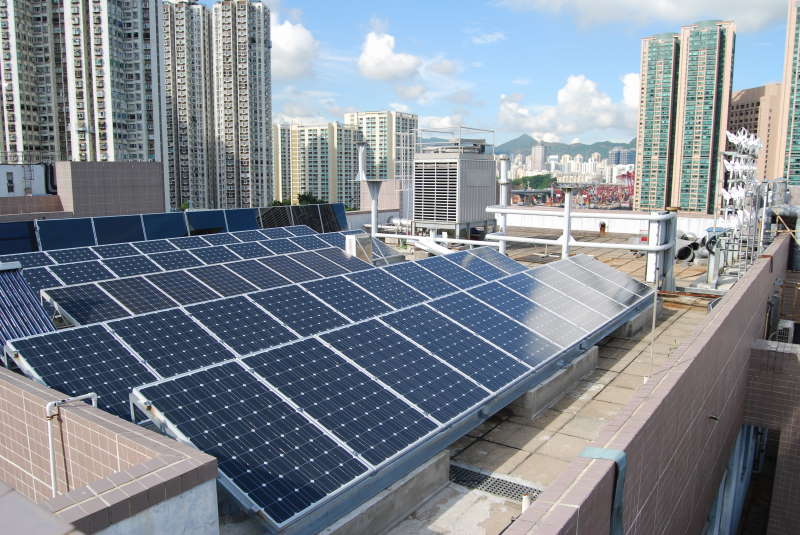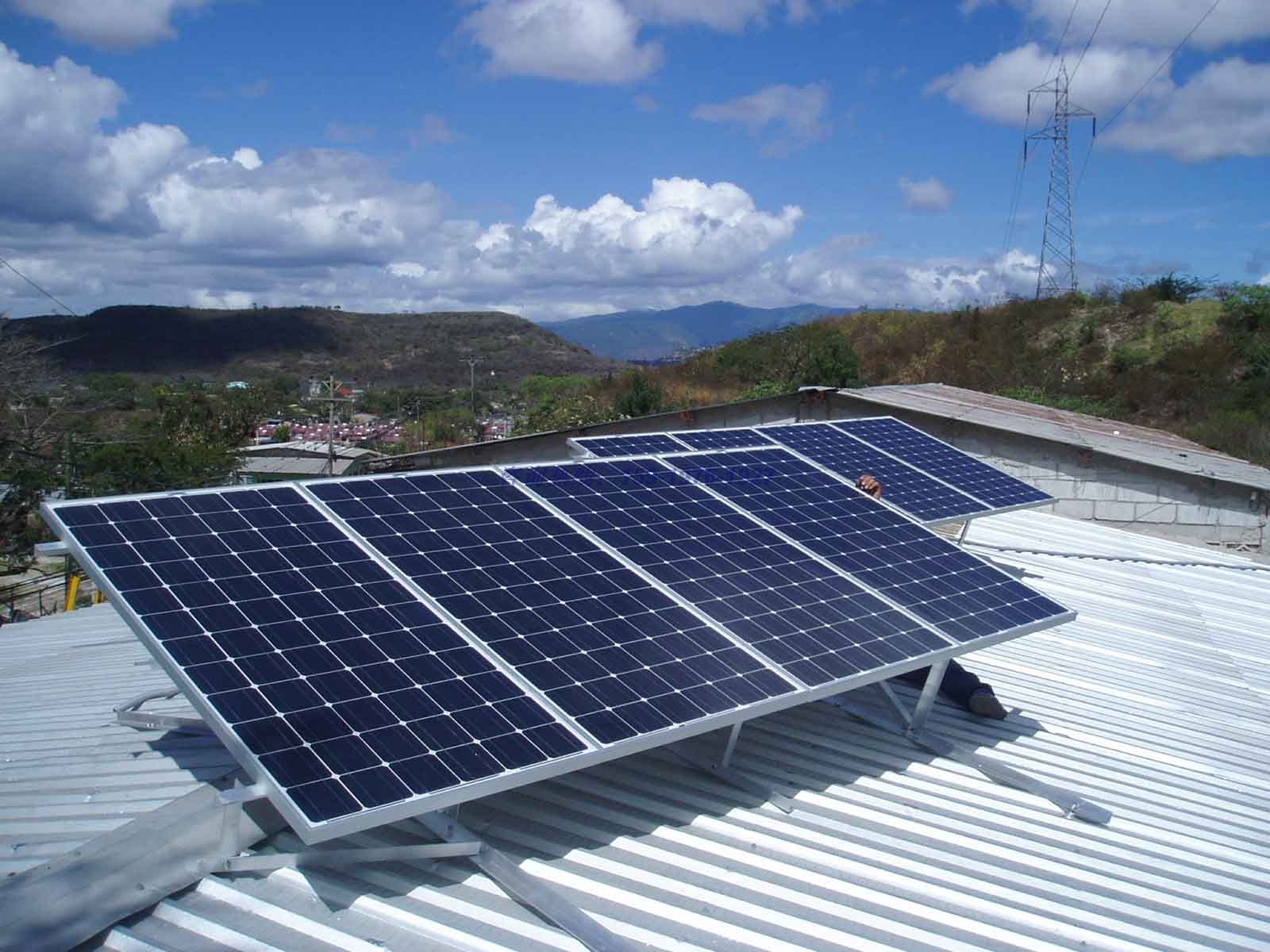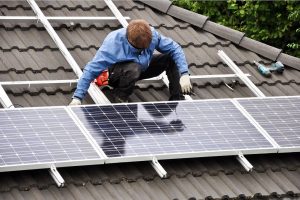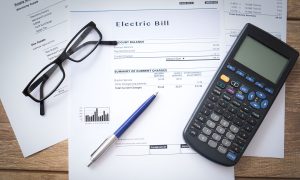Power Up: The Financial Advantages of Switching to Solar
In today’s rapidly evolving energy landscape, the adoption of solar power is not only an environmentally conscious choice but also a financially astute decision. As global energy demands increase and the environmental impacts of traditional energy sources become more pronounced, solar energy emerges as a sustainable and cost-effective solution. For homeowners and businesses alike, the transition to solar power presents a myriad of financial benefits that make it an attractive investment.
One of the most compelling financial advantages of switching to solar power is the significant reduction in electricity bills. By harnessing the sun’s energy, solar panels generate electricity that can offset or even eliminate the reliance on grid power. This translates to substantial savings on monthly utility bills. In many regions, excess energy produced by solar panels can be fed back into the grid, earning credits or payments through net metering programs. Over time, these savings accumulate, offering a considerable return on investment.

Moreover, the initial costs associated with installing solar panels have decreased markedly in recent years. Technological advancements and increased market competition have driven down the price of solar equipment, making it more accessible to a broader range of consumers. Additionally, various financial incentives, including federal tax credits, state rebates, and local grants, further alleviate the upfront costs. These incentives can cover a significant portion of the installation expenses, enhancing the affordability of solar energy systems.
Another key financial advantage is the increase in property value that comes with solar panel installations. Studies have shown that homes equipped with solar energy systems tend to sell at a premium compared to those without. Prospective buyers recognize the long-term savings and environmental benefits, making solar-powered homes more desirable in the real estate market. This added value can provide homeowners with a solid financial boost should they decide to sell their property.
Investing in solar power also provides a hedge against rising energy costs. Traditional energy prices are subject to volatility due to fluctuations in fuel prices and changes in regulatory policies. In contrast, solar energy offers a stable and predictable source of electricity. By securing a portion of their energy needs through solar power, consumers can protect themselves from future price increases and achieve greater energy independence.

Conclusion
In conclusion, the financial advantages of switching to solar power are multifaceted and compelling. From reducing electricity bills and taking advantage of financial incentives to increasing property value and stabilizing energy costs, solar energy offers a smart and sustainable investment for the future. As the world moves towards greener energy solutions, embracing solar power not only benefits the environment but also delivers significant economic rewards.



